Introduction: The Roots of ISUZU in China
The story of ISUZU in China is a remarkable journey that intertwines innovation, partnership, and cultural adaptation. Established in Japan in 1916, ISUZU quickly gained recognition for its robust vehicles and commitment to quality. When the company ventured into the Chinese market in the late 20th century, it faced unique challenges and opportunities that would shape its legacy in the region. This blog post explores the pivotal moments and strategies that have defined ISUZU’s history in China, highlighting its impact on the automotive industry and local communities.
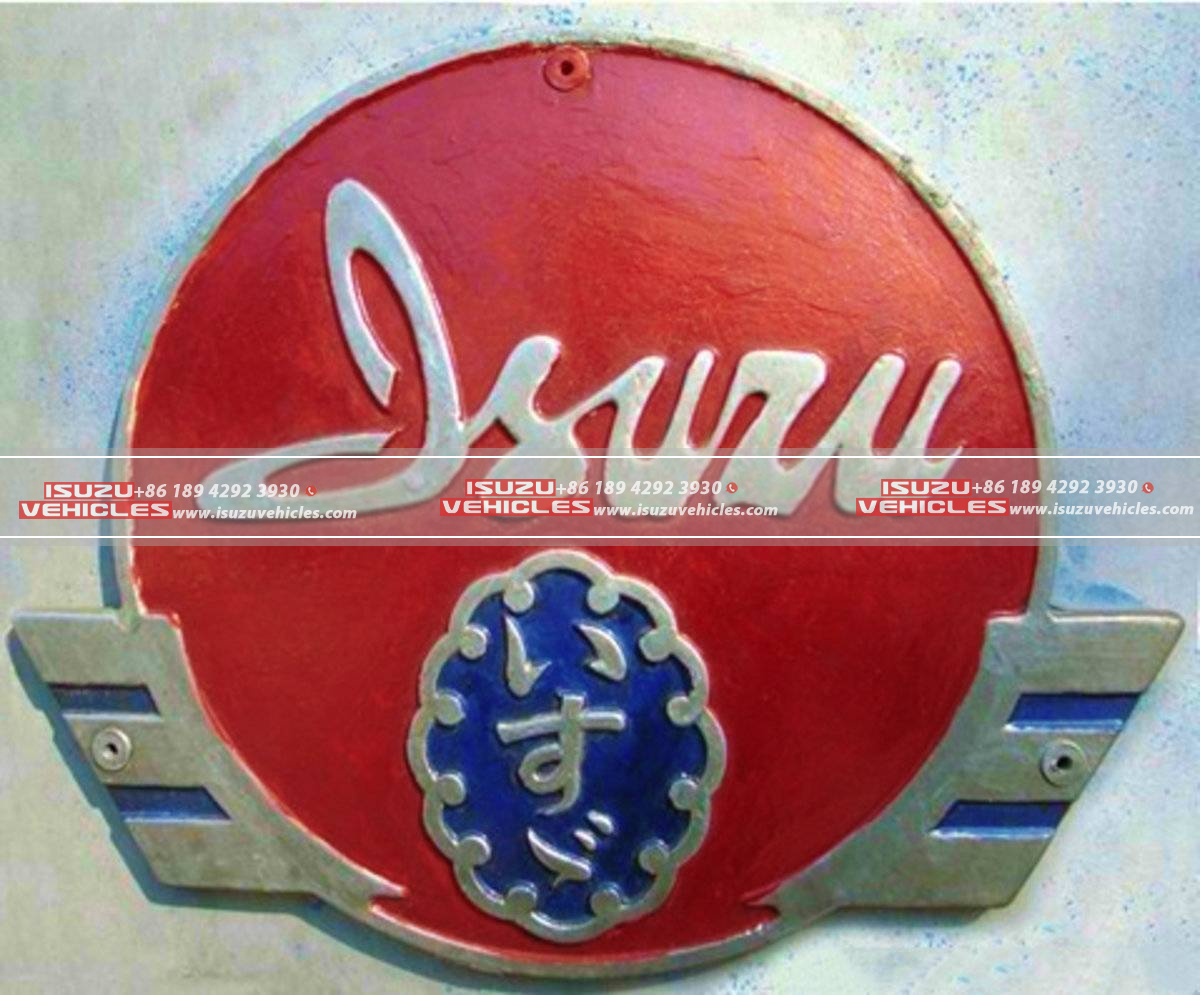
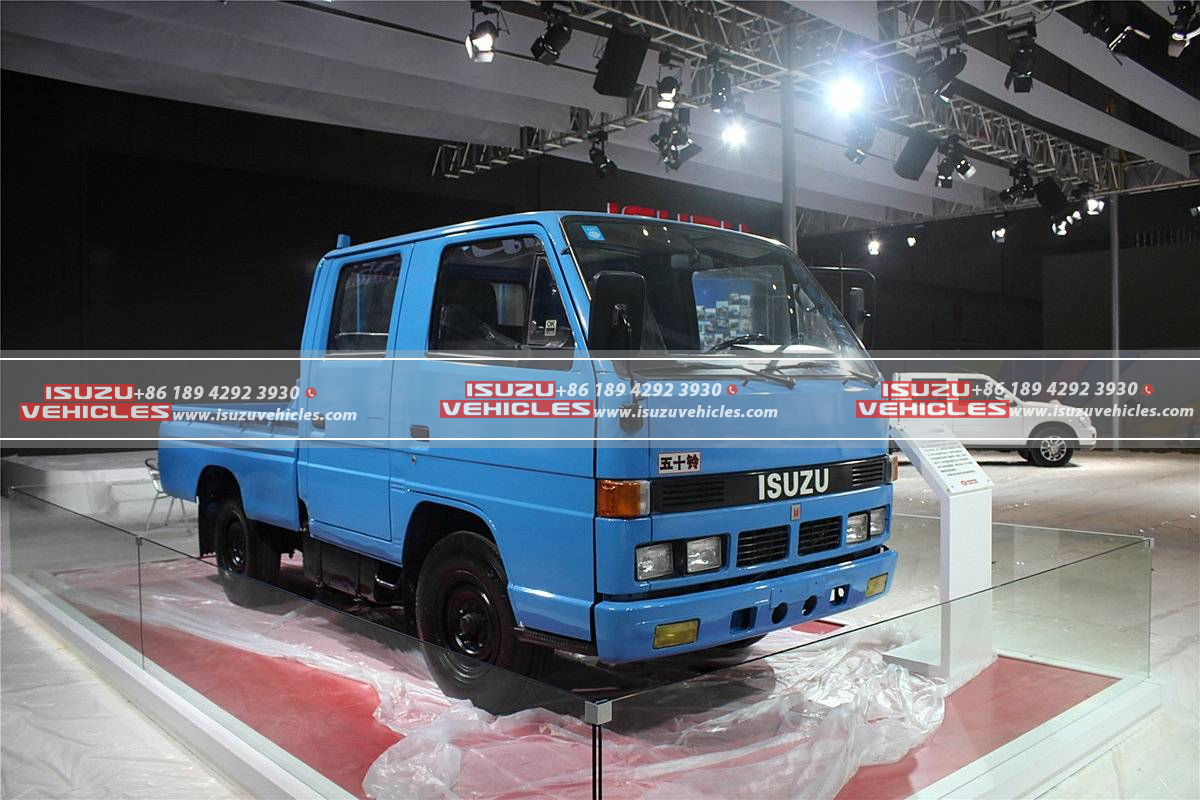
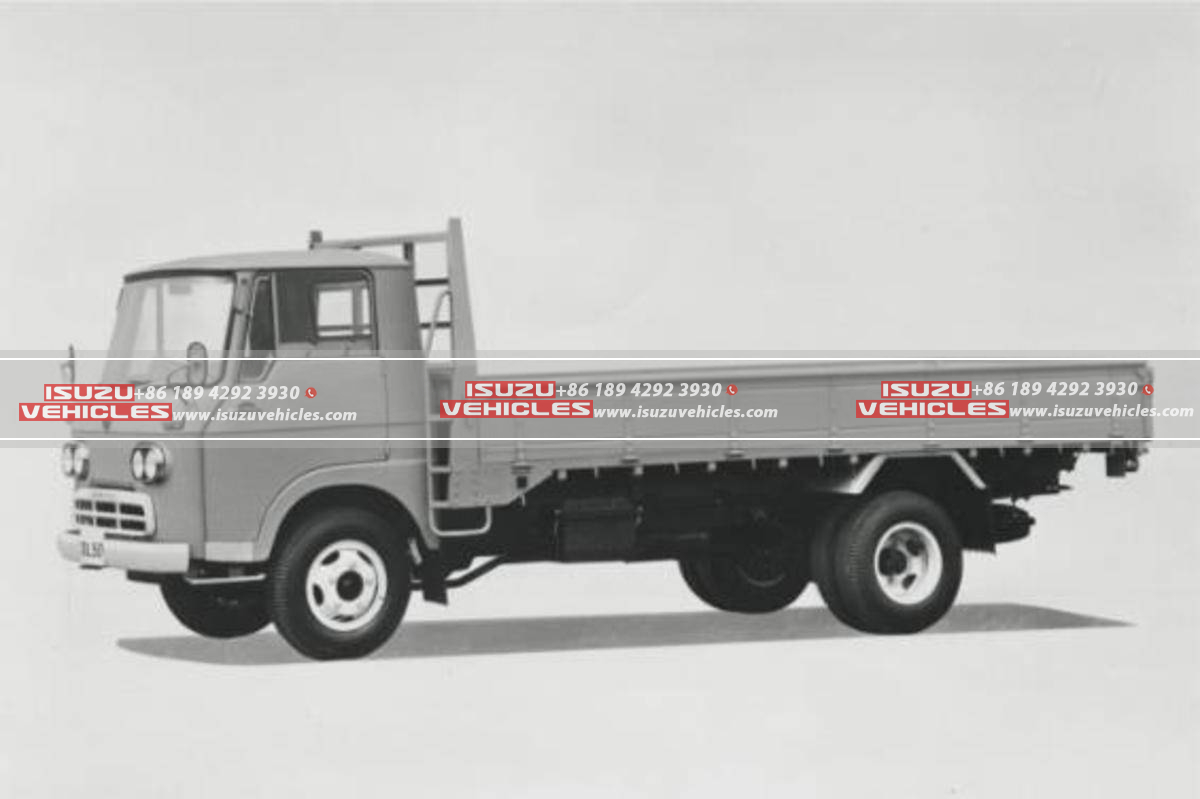
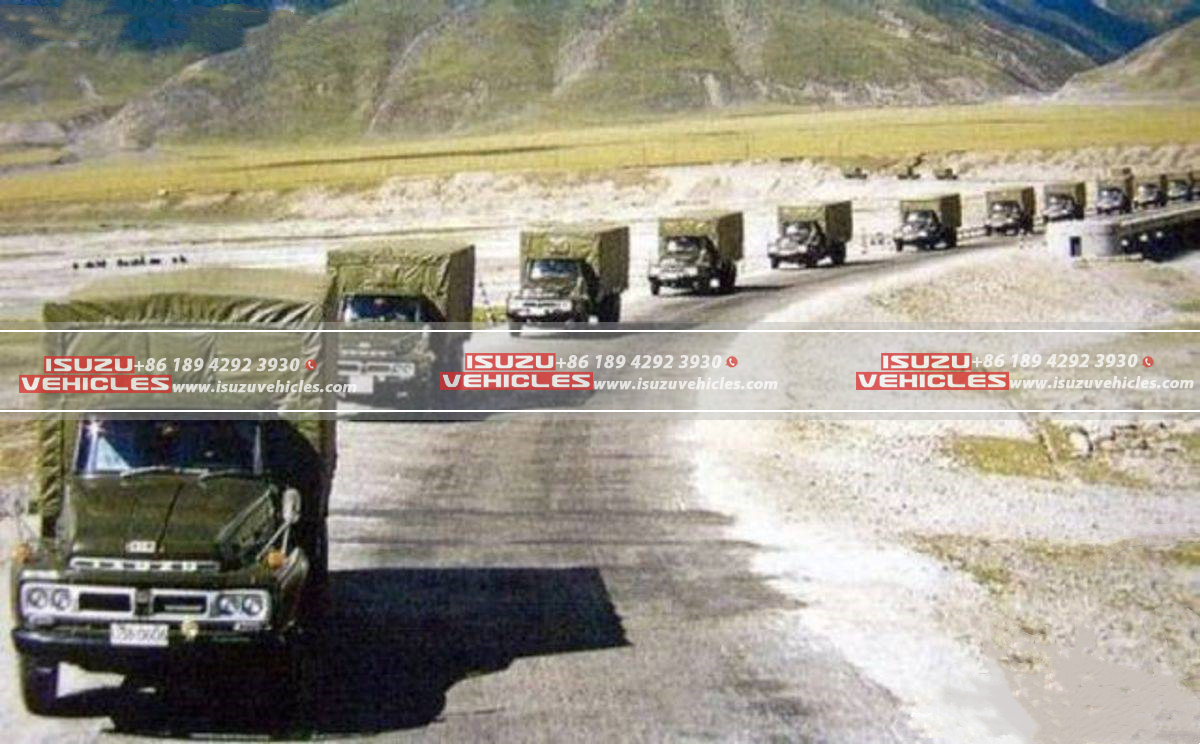
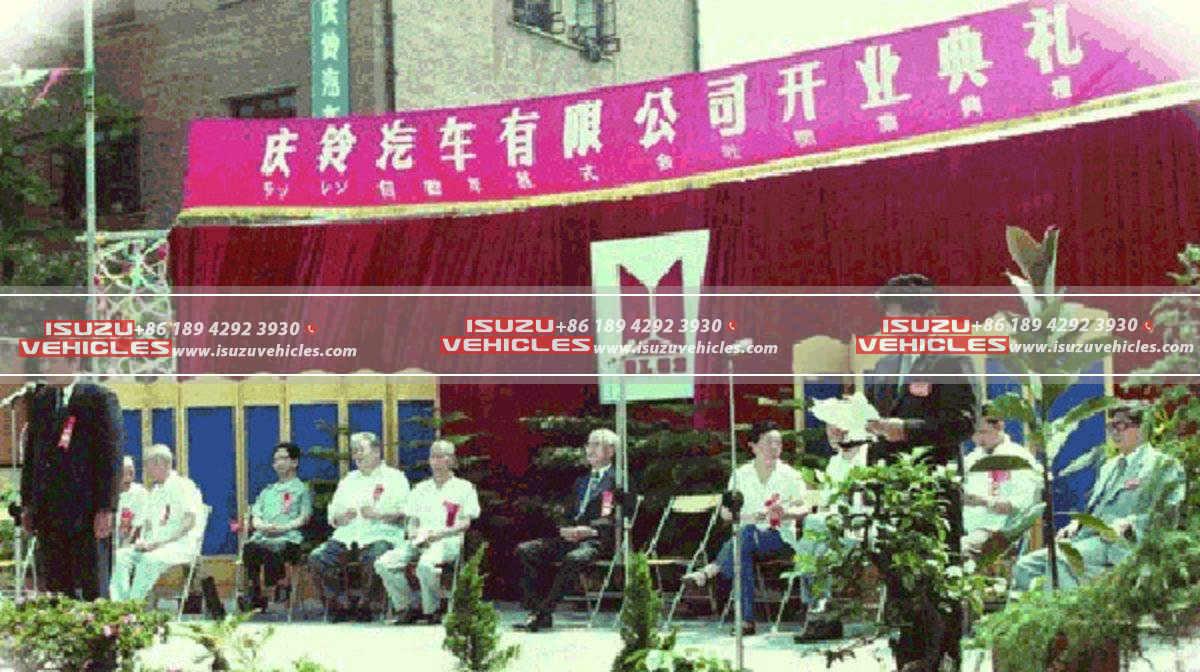
Early Beginnings: Entering the Chinese Market
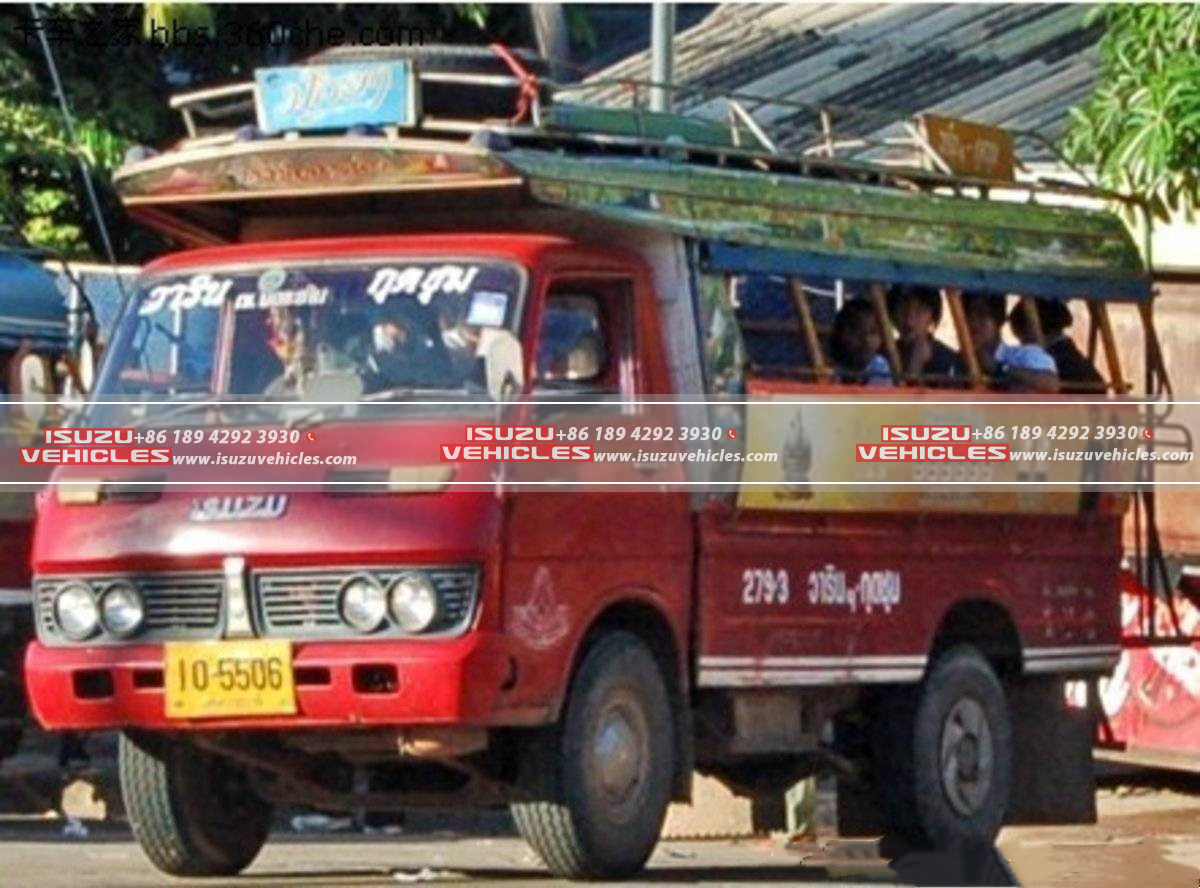
ISUZU made its initial foray into China in 1985, marking a significant milestone in its expansion strategy. The establishment of a joint venture with a local manufacturer, which was pivotal in navigating the complexities of the Chinese market, was a strategic decision that allowed ISUZU to leverage local expertise while introducing its advanced technology. This partnership laid the groundwork for the production of light trucks and commercial vehicles, responding to the burgeoning demand for efficient transportation solutions in the rapidly developing economy. The early beginnings of ISUZU in China were characterized by a commitment to understanding local needs and adapting its offerings accordingly.
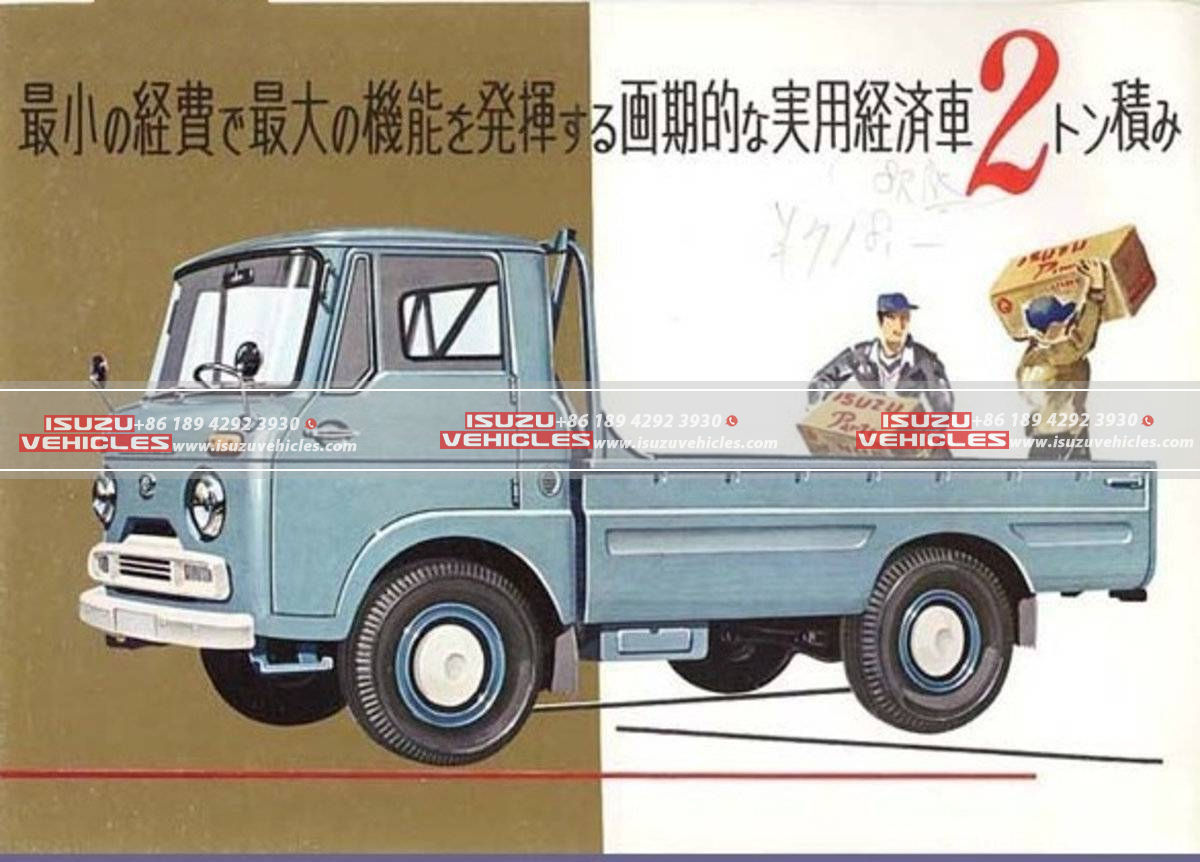
Establishing Manufacturing Presence: A Strategic Move
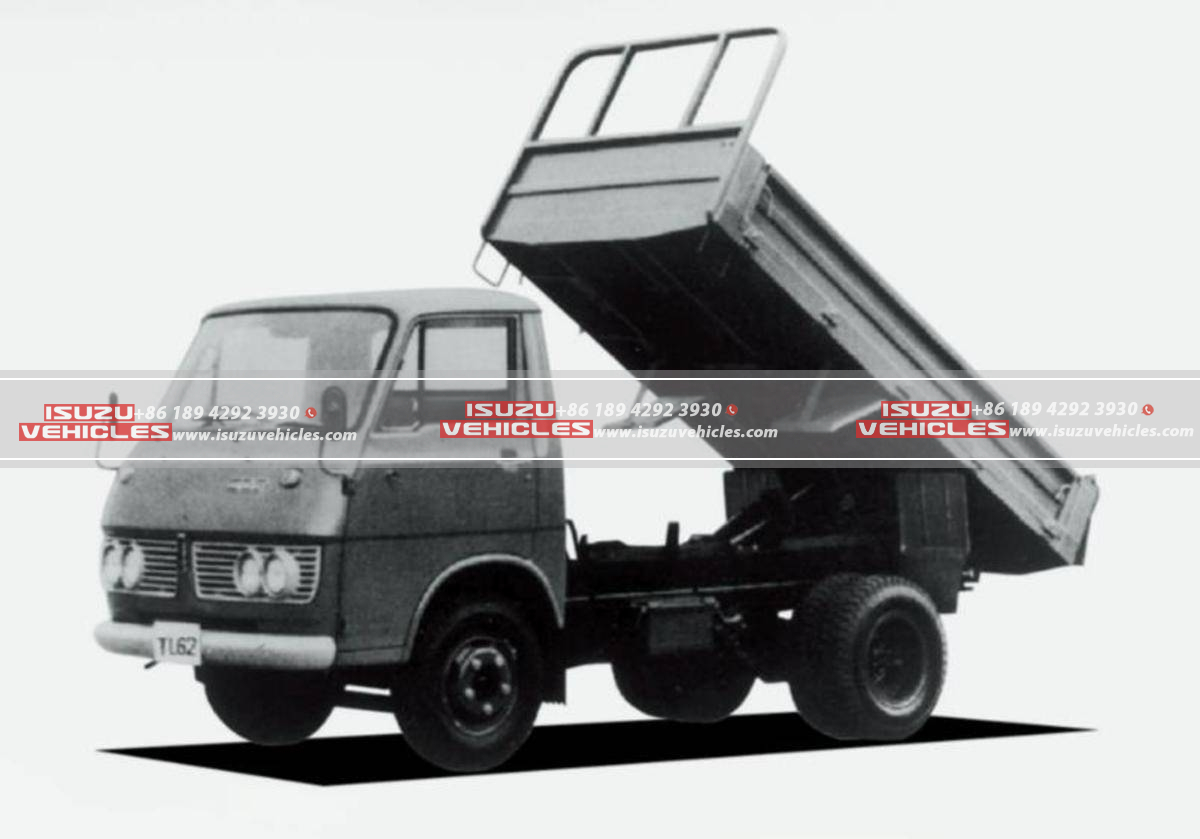
In 1992, ISUZU solidified its presence in China by establishing its first manufacturing facility in the country, located in the city of Jinan, Shandong Province. This facility enabled the company to produce vehicles tailored to the specific requirements of the Chinese market, enhancing ISUZU’s ability to compete with domestic and international manufacturers. The decision to localize production not only reduced costs and improved supply chain efficiency but also fostered a sense of ownership and investment in the local economy. The establishment of manufacturing presence was a crucial step in ISUZU’s strategy to become a leading player in the Chinese automotive sector.
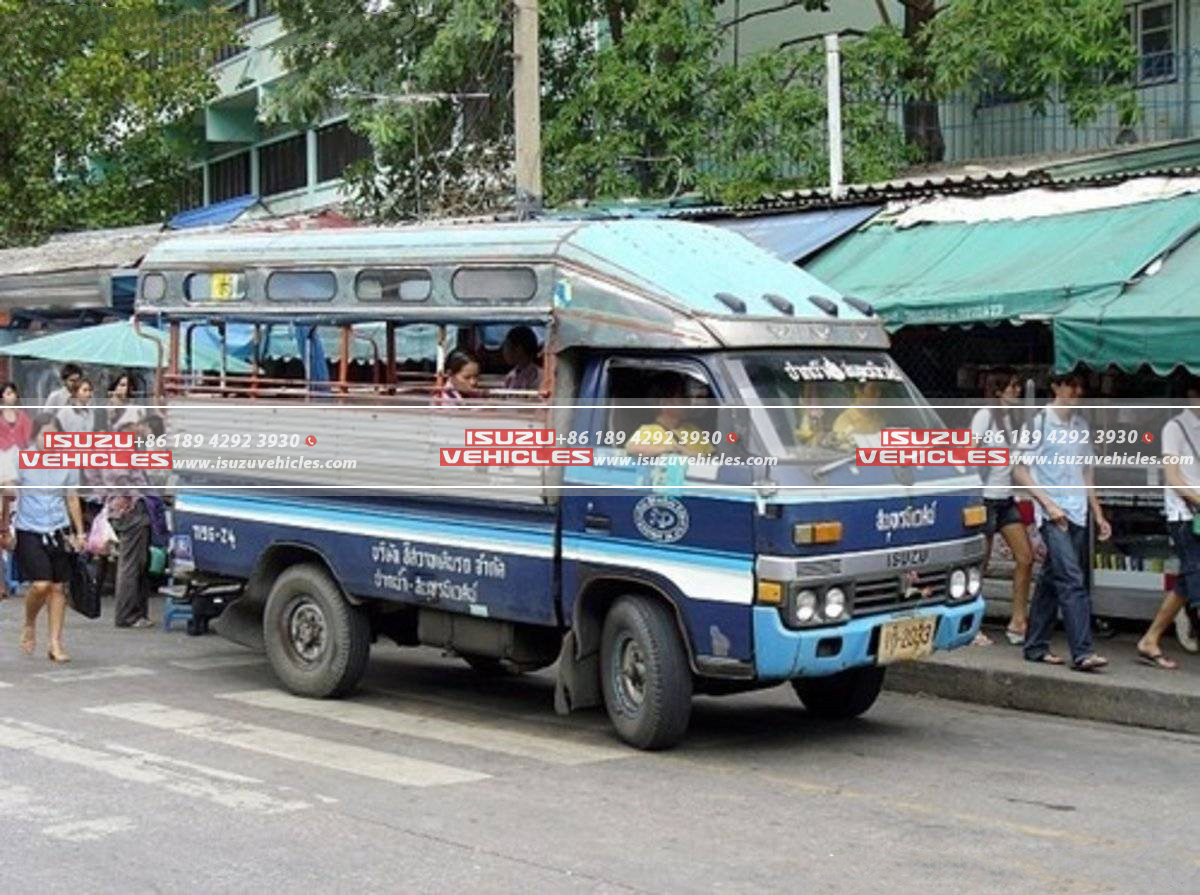
Expanding Product Range: Adapting to Market Demands
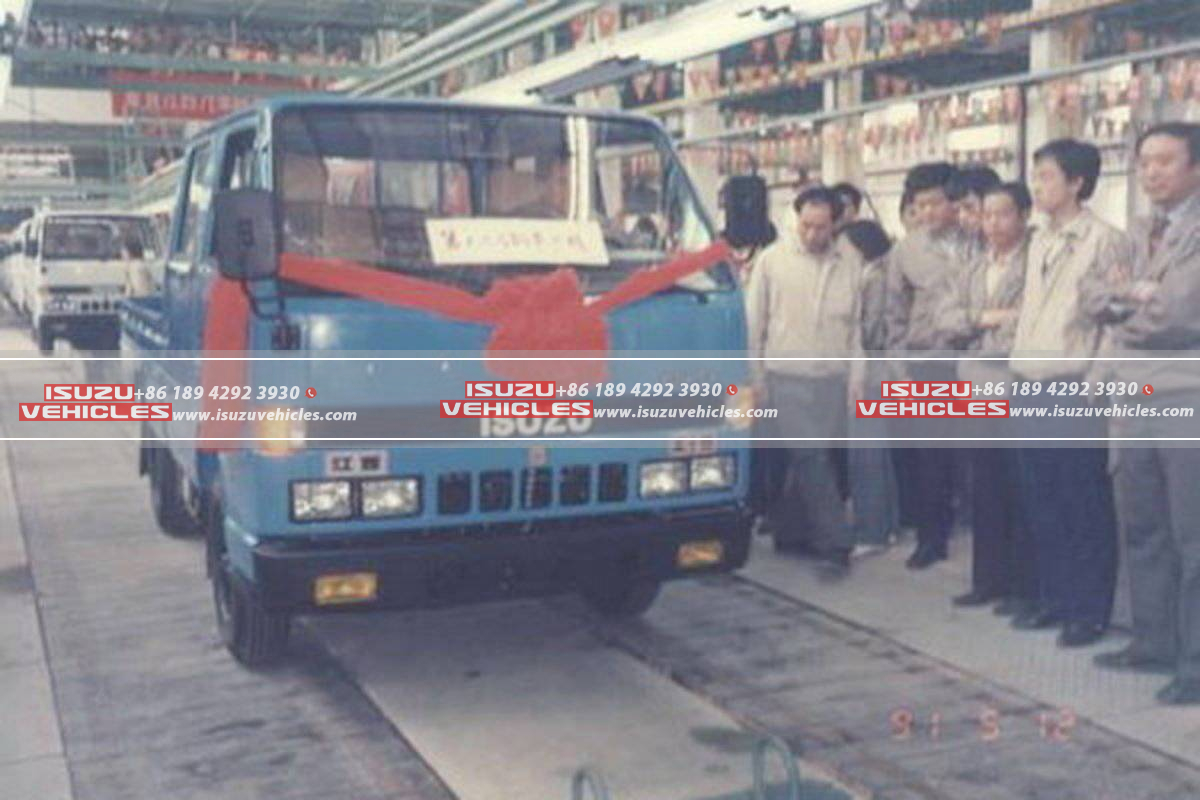
As ISUZU’s operations in China grew, so did its product range. The company began to diversify its offerings beyond light trucks, introducing a variety of vehicles suited to various industries, including agriculture, construction, and logistics. This expansion included the introduction of models such as the ISUZU D-Max, a versatile pickup truck that quickly gained popularity among consumers for its durability and performance. The ability to adapt its product lineup to meet the evolving needs of Chinese consumers was instrumental in ISUZU’s success. The expansion of product range not only solidified ISUZU’s market position but also established it as a brand synonymous with reliability and quality.
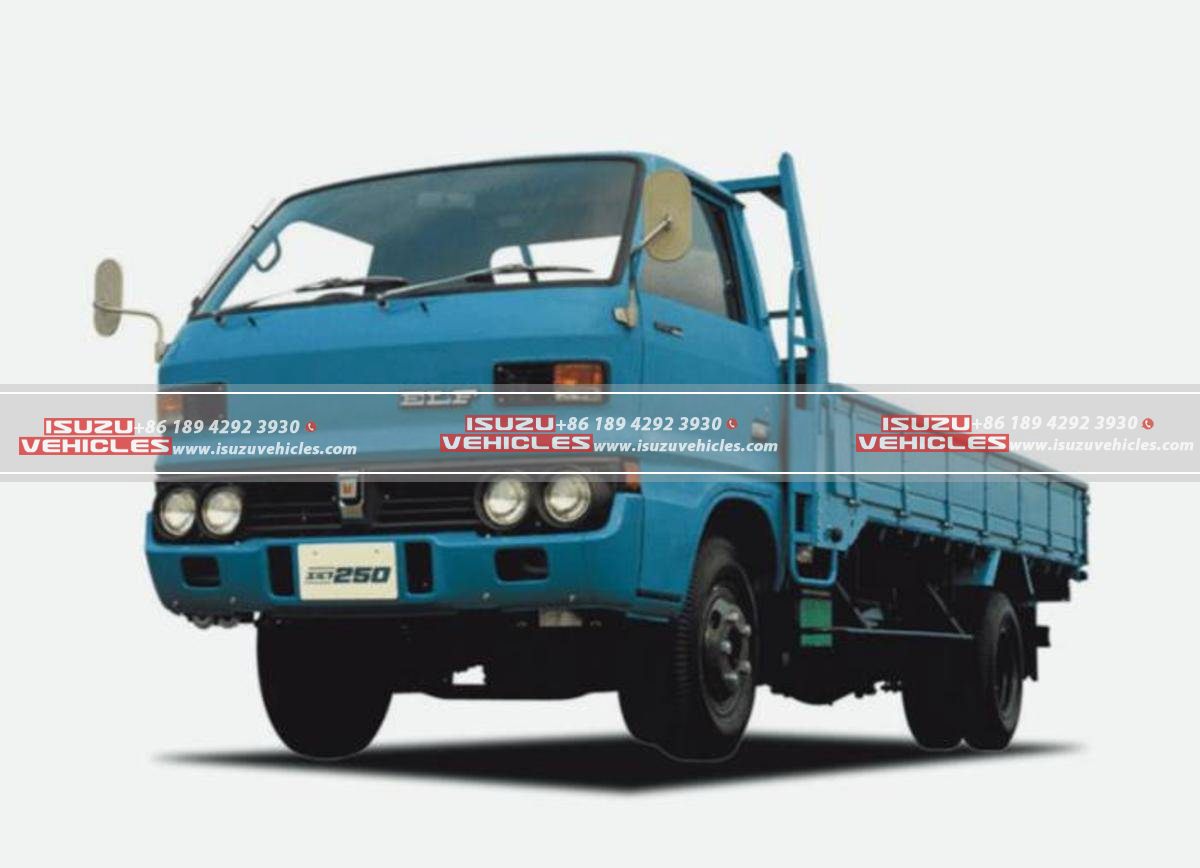
Emphasizing Quality and Reliability: Building Trust
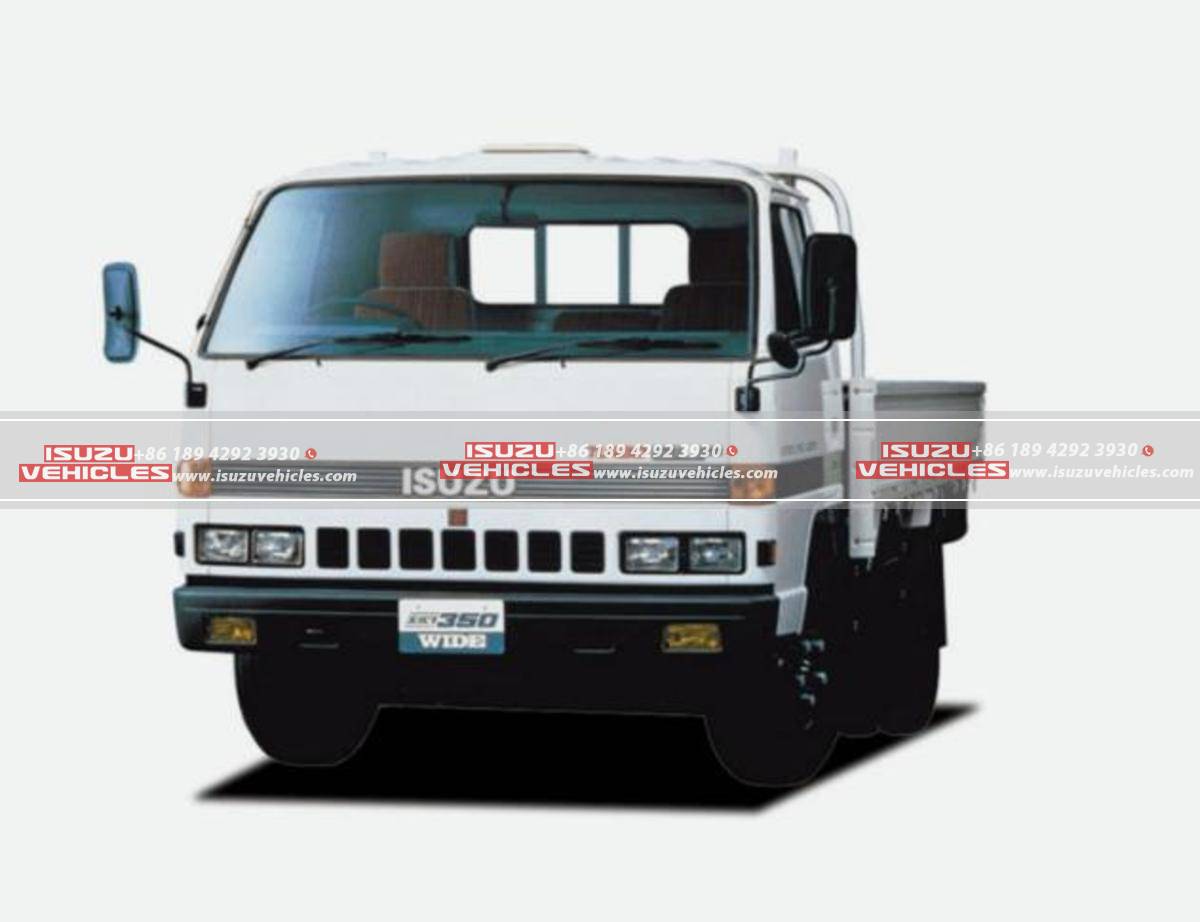
One of the cornerstones of ISUZU’s legacy in China has been its unwavering commitment to quality and reliability. By implementing stringent quality control measures and adhering to international standards, ISUZU earned the trust of consumers and businesses alike. This emphasis on quality extended to after-sales service, where ISUZU established a robust support network to ensure customer satisfaction. The brand’s reputation for producing reliable vehicles became a key differentiator in a competitive market. The emphasis on quality and reliability fostered long-term relationships with customers and contributed to ISUZU’s enduring legacy in China.
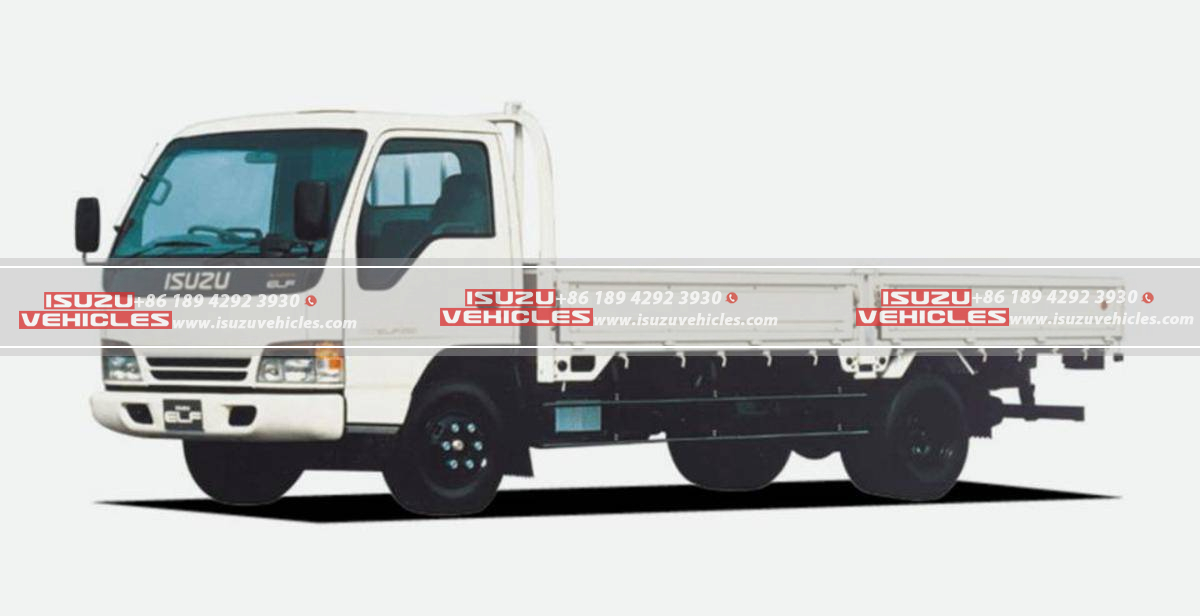
Collaboration and Partnerships: Strengthening Market Position
In the quest to enhance its market position, ISUZU recognized the importance of collaboration and strategic partnerships. The company entered into several joint ventures with local manufacturers, allowing it to expand its production capabilities and share resources. These collaborations enabled ISUZU to tap into local knowledge and expertise, ensuring that its vehicles were well-suited to the needs of Chinese consumers. Additionally, partnerships with dealerships and service providers further strengthened ISUZU’s presence across the country, facilitating wider distribution and access to customers. The focus on collaboration and partnerships has been a crucial aspect of ISUZU’s strategy, enabling the brand to navigate the complexities of the Chinese automotive landscape effectively.
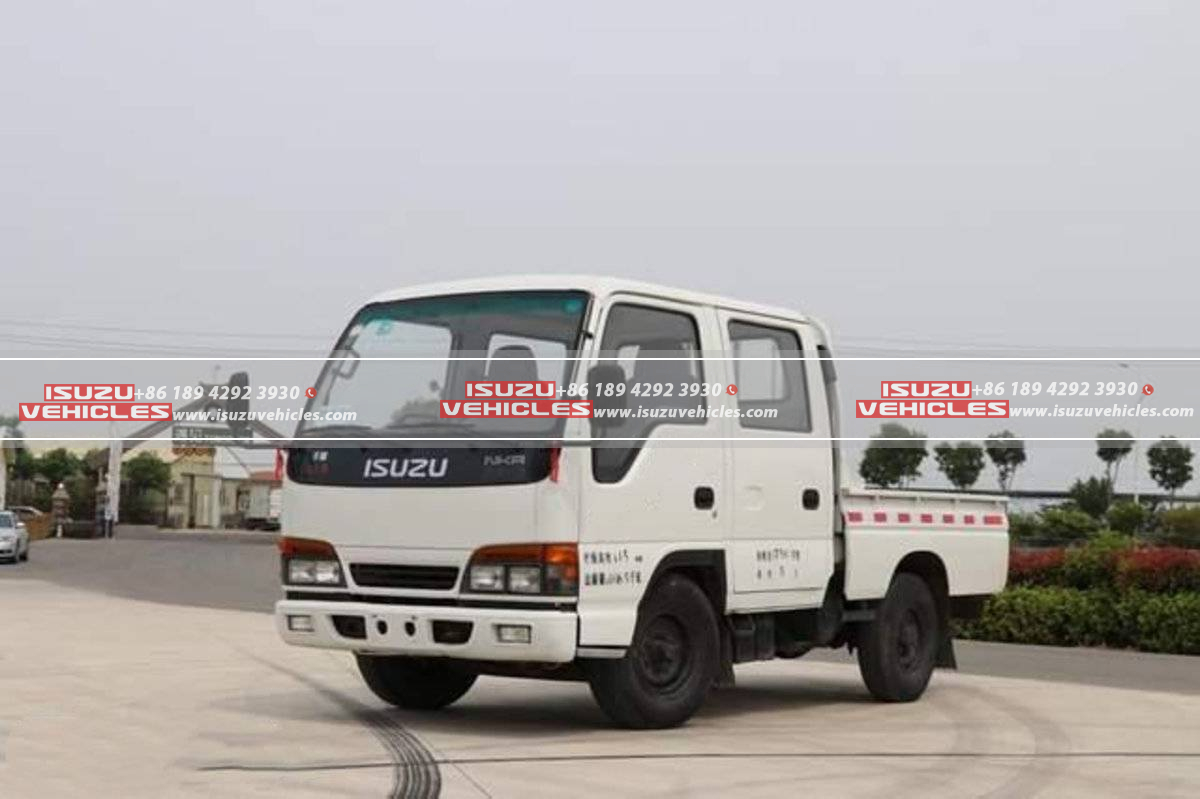
Engaging with Local Communities: Corporate Social Responsibility
ISUZU’s commitment to community engagement has also played a significant role in shaping its legacy in China. The company has actively participated in various corporate social responsibility (CSR) initiatives, focusing on areas such as environmental protection, education, and disaster relief. By contributing to local communities through charitable programs and partnerships with non-governmental organizations, ISUZU has built a positive brand image and demonstrated its dedication to the well-being of the communities it serves. The emphasis on corporate social responsibility not only enhances ISUZU’s reputation but also reinforces its status as a responsible corporate citizen in China.
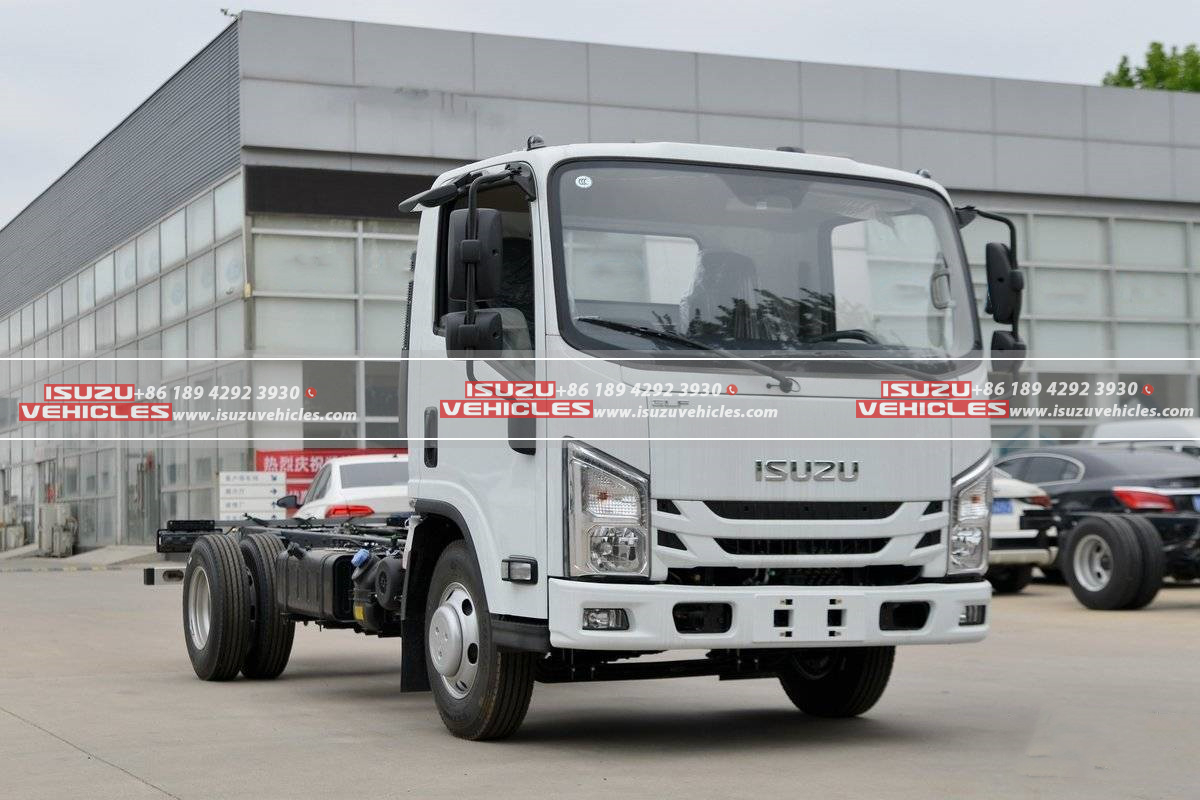
Innovations and Technology: Leading the Charge
As the automotive industry evolved, so did ISUZU’s commitment to innovation and technology. The company invested heavily in research and development, focusing on advancements in engine technology, fuel efficiency, and emissions reduction. By introducing environmentally friendly vehicles that met stringent emission standards, ISUZU positioned itself as a leader in sustainable transportation solutions in China. This focus on innovation has allowed ISUZU to stay ahead of market trends and respond proactively to regulatory changes. The commitment to innovations and technology underscores ISUZU’s role as a forward-thinking brand in the Chinese automotive sector.
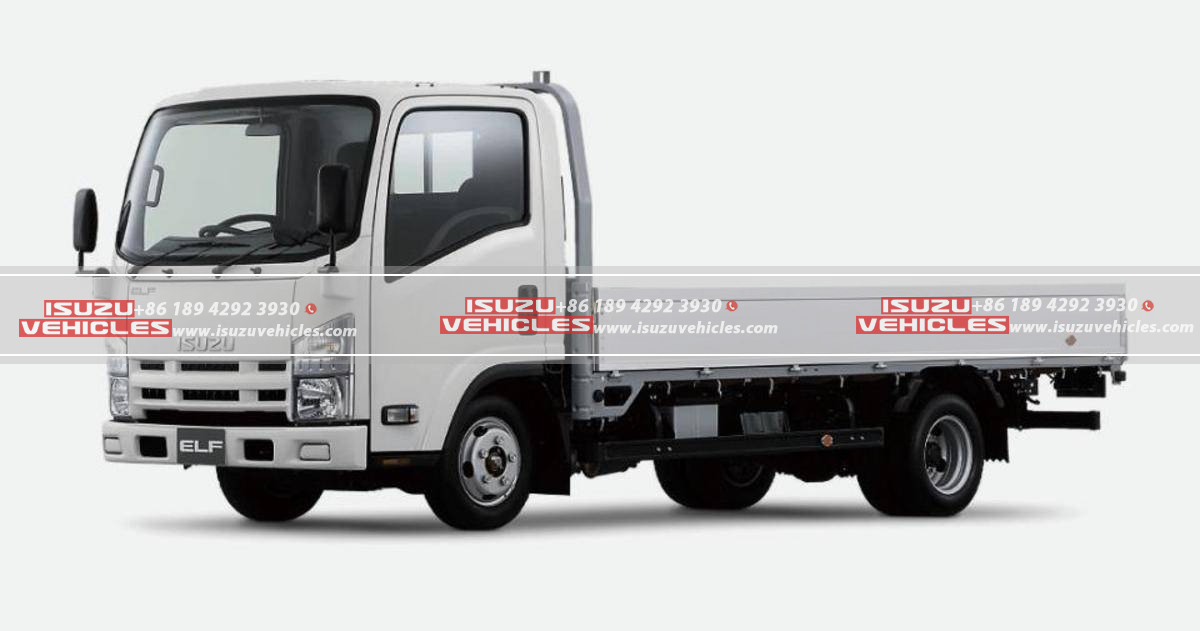
Electrification and the Future: Embracing Change
In response to the global shift towards electrification, ISUZU is also exploring electric and hybrid vehicle options. The company recognizes the growing demand for eco-friendly transportation solutions and is working on developing electric variants of its popular models. This commitment to sustainability aligns with China’s initiatives to promote clean energy and reduce carbon emissions. By embracing change and adapting to new technologies, ISUZU aims to remain relevant in a rapidly evolving automotive landscape. The focus on electrification and the future reflects ISUZU’s dedication to meeting the changing needs of consumers and contributing to a greener environment.
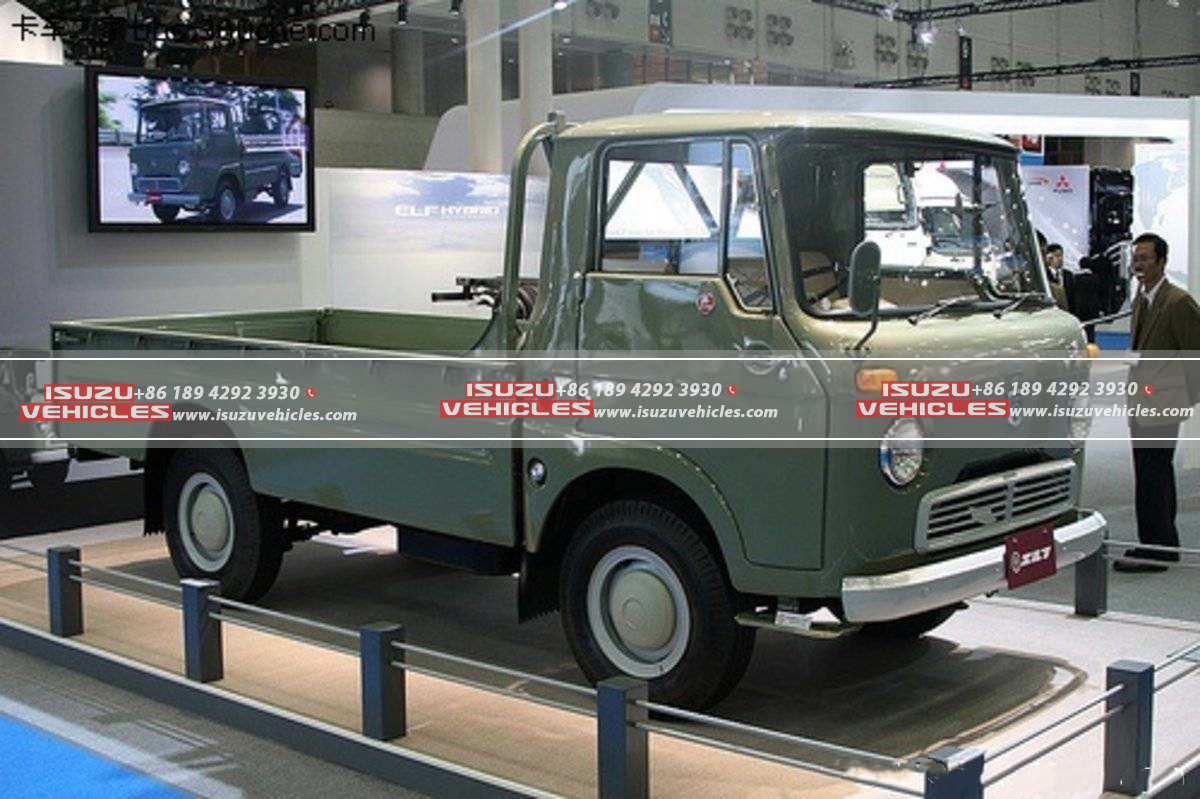
The Legacy Continues: A Bright Future Ahead
Today, ISUZU stands as a testament to resilience and adaptability, with a rich legacy in China that spans over three decades. The brand’s commitment to quality, innovation, and community engagement has established it as a trusted name in the automotive industry. As ISUZU continues to evolve and embrace new challenges, its legacy in China remains firmly rooted in its dedication to providing reliable and efficient vehicles that enhance the lives of consumers. The legacy of ISUZU is characterized by a deep understanding of local needs, a commitment to excellence, and a vision for a sustainable future.
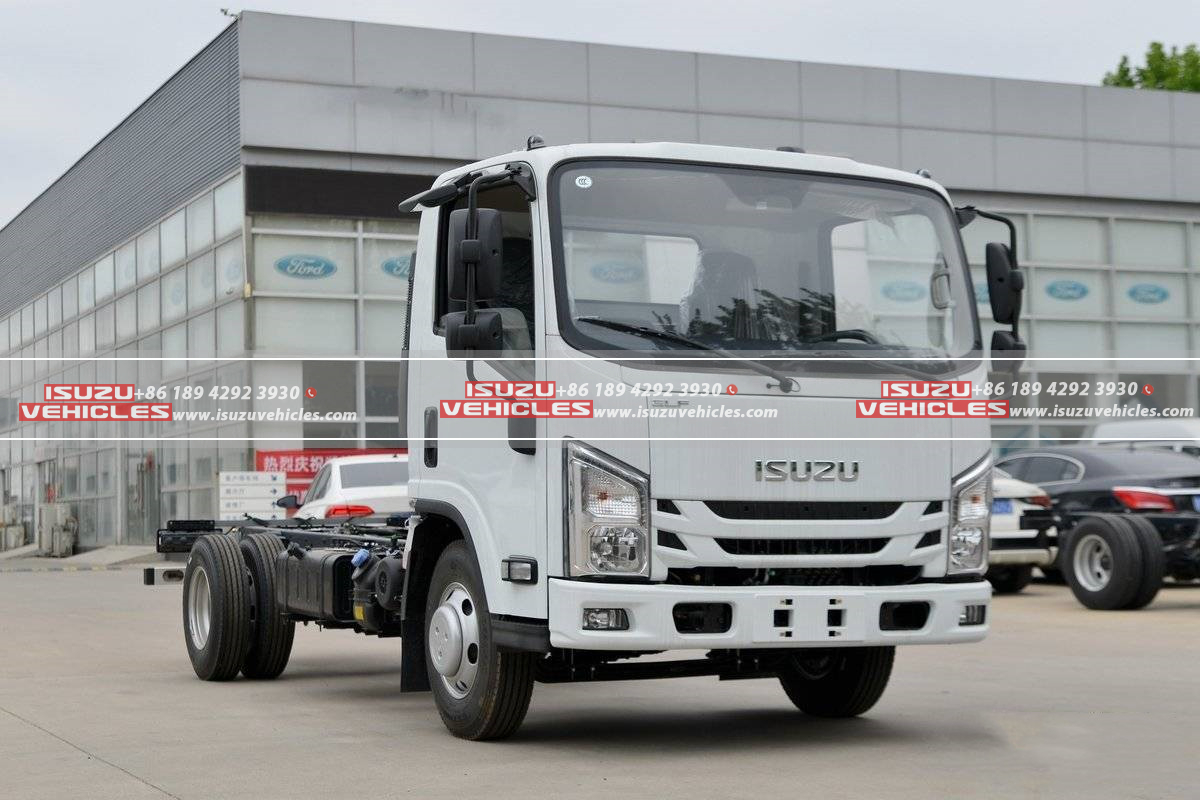
Looking Ahead: New Horizons for ISUZU
As ISUZU sets its sights on the future, the company remains focused on expanding its presence in China and adapting to the ever-changing market dynamics. By leveraging emerging technologies and deepening its connections with local communities, ISUZU is poised to navigate the challenges and opportunities that lie ahead. The brand’s ongoing investments in innovation and sustainability are key to maintaining its competitive edge and ensuring that it continues to meet the evolving needs of consumers. The forward-looking approach of ISUZU underscores its commitment to shaping the future of the automotive industry in China, reinforcing its legacy for generations to come.
